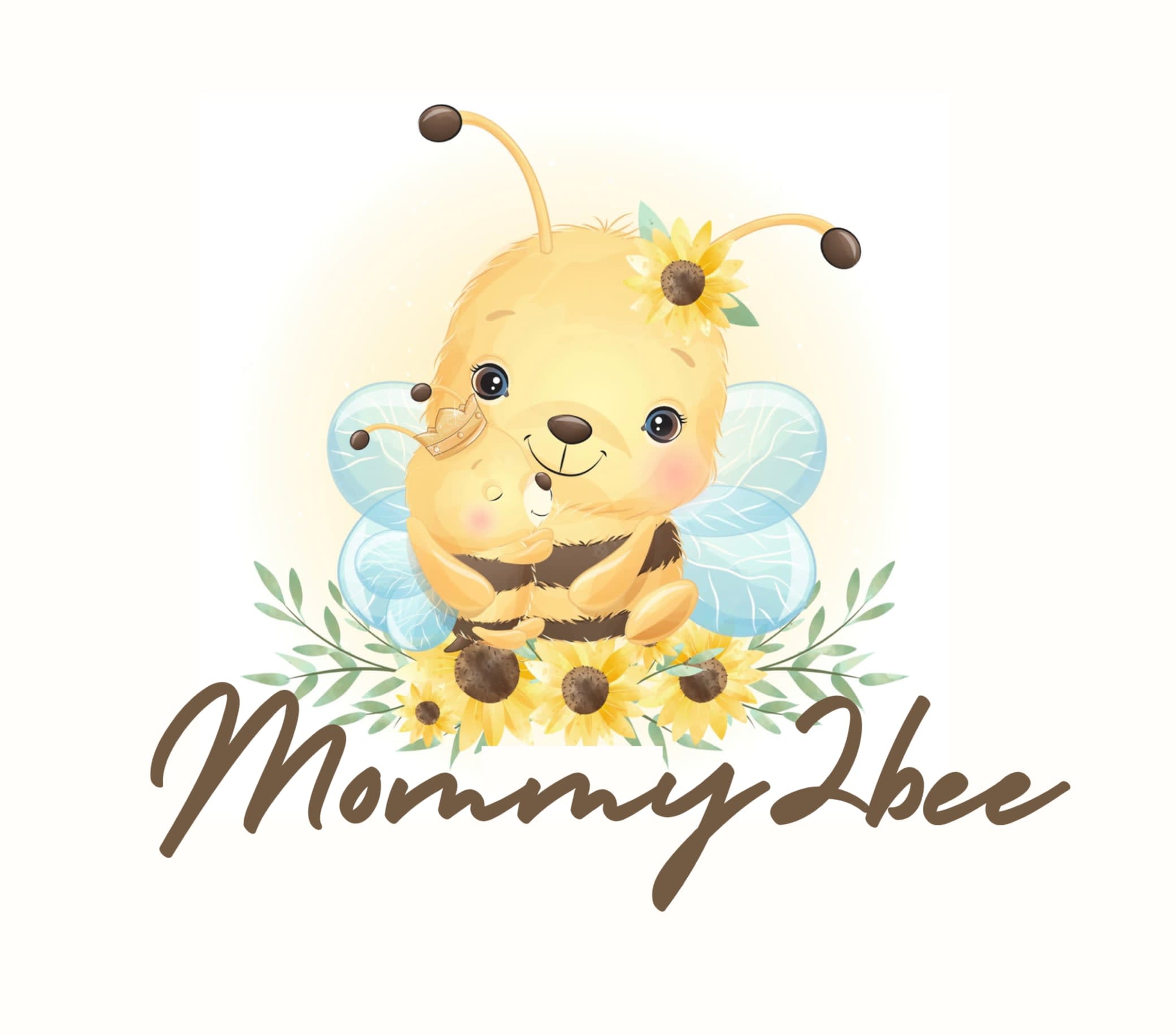
World Breastfeeding Week 2025: Forward Together—Supporting New York Mamas with Evidence-Based Care

Posted August 1, 2025
August is Breastfeeding Month, and the 2025 theme from the U.S. Breastfeeding Committee is “Forward Together”—calling on communities, systems, and individuals to build a landscape of support where breastfeeding families can thrive. At Mommy2Bee, we are committed to lifting up the real stories, the real challenges, and the real solutions—especially here in New York, where disparities persist but progress is possible.
Why Breastfeeding Matters
Breastfeeding is linked to a cascade of health benefits for both infant and parent: reduced infant infections, lower risk of certain chronic illnesses, enhanced bonding, and for birthing parents, reduced postpartum hemorrhage and longer-term metabolic benefits. Human milk remains the optimal early nutrition, and support systems dramatically influence who is able to initiate and continue breastfeeding.
Snapshot: What the Data in New York Shows
1. High Initiation but Steep Drop-offs in Duration
In New York State, about 87% of newborns start breastfeeding, yet only 23% are exclusively breastfeeding at 6 months—highlighting a major gap between intention/ initiation and sustained exclusivity.
2. Persistent Disparities by Insurance, Race/Ethnicity, and Socioeconomic Status
The New York State Report on Breastfeeding Disparities (2025) shows that people on Medicaid initiate and sustain breastfeeding at lower rates (initiation: 85.8% vs. 89.3% with private insurance; breastfeeding at 4 weeks: 45.9% vs. 65.3%).
In New York City specifically, longstanding disparities by race, neighborhood poverty, and education have been documented, with early postpartum breastfeeding percentages varying significantly across groups.
3. Community-Level Gaps and Opportunity
Efforts like community peer support and culturally attuned interventions have demonstrated efficacy in reducing disparities. Peer counseling, in particular, has been effective at increasing initiation and duration in Latina and other marginalized populations.
Evidence-Based Practices to “Forward Together” in New York
1. Peer and Community Support
Training and deploying peer counselors from the community (especially those who share cultural/linguistic identity) significantly improves both exclusive and any breastfeeding rates.
2. Hospital and Maternity Care Support (Baby-Friendly Practices)
Hospitals that adopt the Baby-Friendly Hospital Initiative—which implements the Ten Steps to Successful Breastfeeding—see higher initiation and longer duration. Supporting hospitals and birthing centers to sustain and expand baby-friendly policies helps bridge early drop-off.
3. Targeted Public Health Funding & Policy Implementation
New York State’s initiative to use sociodemographic data to prioritize communities and fund local grantees (health departments, academic centers, community-based orgs) reflects best practice to tailor support and scale interventions where disparities are largest.
4. Addressing Structural Barriers
National and clinical guidance (e.g., from ACOG) emphasizes that barriers such as income inequality, young maternal age, lower education, and lack of workplace/family support drive inequities in initiation and continuation—making wraparound supports essential.
What Mommy2Bee Encourages for Breastfeeding Week (and Beyond)
1. Normalize Asking for Help Early
- Encourage prenatal conversations about feeding plans.
- Link expectant parents to local peer counselors or community lactation support before birth.
2. Promote Equity-Focused Referrals
- Use local data (e.g., Medicaid populations, neighborhood-level disparities) to proactively reach out to families who historically have had less support.
3. Celebrate Incremental Wins
- Even partial breastfeeding (“any breastfeeding”) provides benefits—especially in communities where sustained exclusive breastfeeding is harder to achieve due to systemic barriers.
4. Partner with Baby-Friendly and Community Clinics
- Highlight and refer to facilities holding or working toward Baby-Friendly status; use those partnerships to amplify breastfeeding-friendly culture.
5. Advocate for Policy & Workplace Support
- Normalize discussions around paid leave, lactation spaces at work, and community-based postpartum supports as part of the “Forward Together” ecosystem.
Local Resources & Actions for New York Mamas
- Connect with peer counseling programs (through WIC, hospital-affiliated initiatives, community-based organizations).
- Ask about Baby-Friendly practices at your birth location and request early skin-to-skin and rooming-in to support initiation.
- Know your rights for breastfeeding in public and at work (state and federal protections are part of building a supportive environment).
Breastfeeding Week Call to Action: Forward Together
This Breastfeeding Week, Mommy2Bee invites:
- Healthcare providers to screen for breastfeeding support needs and refer into community-based, culturally congruent help.
- Community leaders to uplift peer counselors and fund grassroots education.
- Families to share honest stories—what helped, what didn’t—so we can refine real-world support.
- Policymakers to keep equity at the center: data shows the gaps; let’s fund the bridges.
Mama, You Are Not Alone
Breastfeeding isn’t a solo journey. It’s a networked effort of evidence-based systems, community care, and individual resilience. In New York, we have data that lights where the gaps are—and strategies proven to close them. This week, and every week, Mommy2Bee stands Forward Together with you: offering support, celebrating progress, and pushing for a more equitable breastfeeding landscape.
With love and solidarity,
The Mommy2Bee Team
Contact us
Whether you are looking to schedule a free intake, sign up for an in-person class or schedule some home visits. Fill out our inquiry form below and our Nurse Consultant will contact you in 24-48 business hours.
Contact Us
Office location
Garden City, New YorkSend us an email
[email protected]